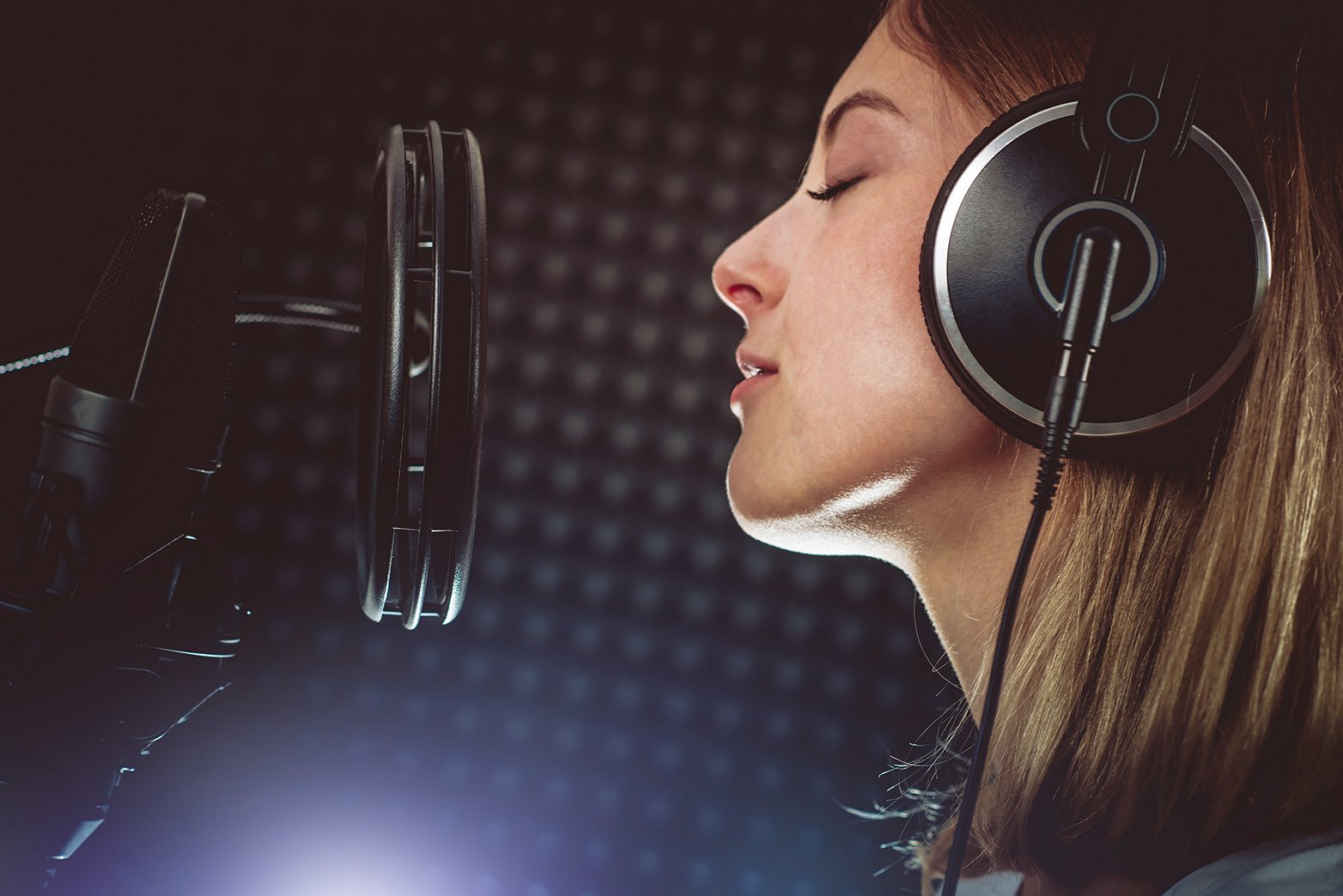
Many people use the terms “vocal coach” and “voice teacher” interchangeably. But if they mean the same thing, why have two terms? Is there really a difference?
Well, the short answer is yes, particularly in the opera world!
A voice teacher is…
…usually a singer who knows the voice from all perspectives but focuses on proper technique and how to apply that technique to the repertoire. They explain how the voice functions, which sounds are healthy, and how to achieve those sounds in a free and easy manner with proper support, proper registration, and proper resonance. They build the voice, correcting any technical deficiencies or imperfections, and teach the students how to apply a good technique to all styles and genres of singing without damaging the voice.
Voice teachers will give specific exercises to students to address their specific needs:
Does the voice need more chest voice or more head voice and if so, how do I achieve it? Is the voice nasal? How do I correct it? Does the voice need more volume? How do I build it? How do I extend my range? How do I get a legato or smooth line? How do I make sure my vocal registers are seamlessly blended from chest voice to head voice and back, making the voice even from top to bottom without a break.
A voice teacher addresses all of these issues and more! They also show students how to apply a healthy technique to songs and style the song for the particular talents and limitations of each student.
A vocal coach is…
…usually a pianist who knows the repertoire and helps students choose songs that are right for their age, type, and technical abilities. They’ll teach students the songs, work on diction and phrasing, and, as pianists, make cuts, and individual arrangements tailored to each student’s strengths. A good vocal coach won’t interfere with vocal technique and if he notices any issues, he’ll explain to the singer what the issues are and ask the singer to discuss it with his voice teacher.
Choosing the right voice teacher and the right vocal coach is of the utmost importance not only to your success as a singer but also your health: a voice teacher who teaches a faulty technique can actually ruin a voice.
I’ve had students with exemplary technique go to college and call me a year later with vocal damage. Though in most cases it can be repaired, the psychological damage to the singer is devastating.
Similarly, a vocal coach may suggest repertoire that’s wrong for a particular singer, forcing him or her to try to belt too high or work on a song that’s too advanced for him or her at the moment, given their technical abilities.
Are there areas of overlap in terms of what a voice teacher and vocal coach do? Yes! Are the lines blurred occasionally? Perhaps.
There may be coaches who think they’re voice teachers but don’t work on technique. Conversely, like a coach, a voice teacher will also give repertoire and work on phrasing, diction, and the song delivery, but always with an eye toward healthy singing!
A top-notch vocal coach will understand what healthy singing is and will never let a singer hurt the voice. They’ll suggest songs that support the singer in a manner conducive to the singer’s best interests and development as an artist. They will support the voice teacher’s efforts in the development of the student.
It takes a village to develop great performers and a great, collaborative team is crucial!
